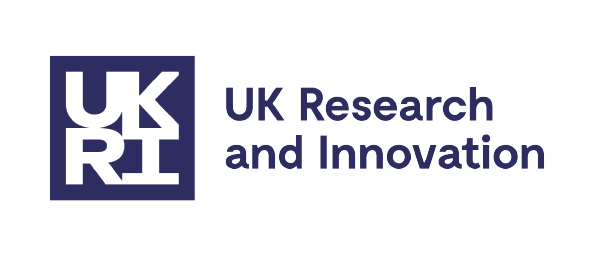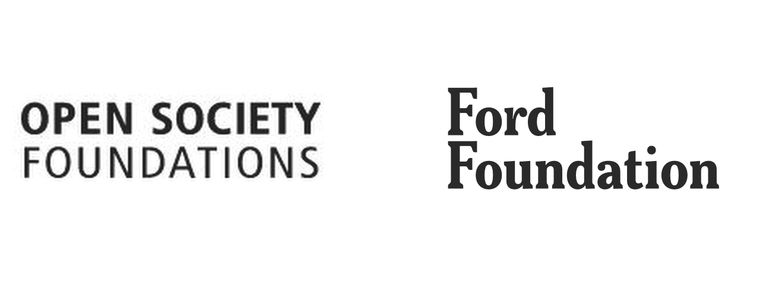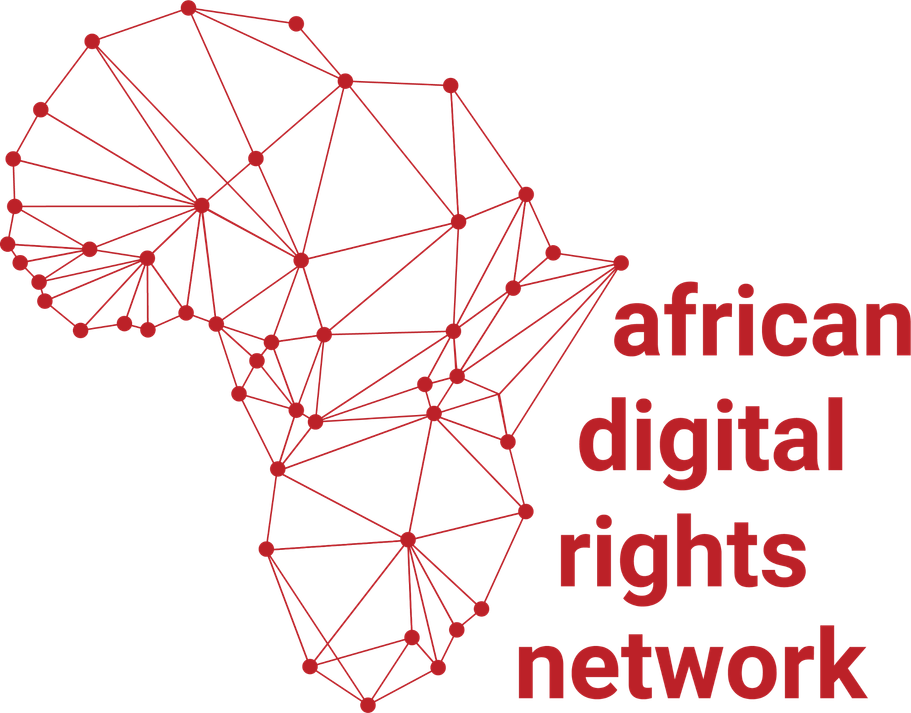The African Digital Rights Network (ADRN) is a network of activists, academics and analysts who carry out research on digital rights in Africa. We carry out novel studies, produce unique reports, and are publishing a groundbreaking series of collected edition books.
The network brings together 75+ researchers from 30+ African countries who share a commitment to enabling citizens to freely exercise, defend, and expand their digital rights.
By digital rights we mean existing human rights but in digital spaces, for example the right to freedom of opinion and expression online, the right to privacy of communication or correspondence when using email or social media, and the right to equitable participation in the social, economic, and political life of the community online (aka digital citizenship).

ADRN has published a series of reports with the Institute of Development Studies on Digital Rights in Africa.
There are two main strands to ADRN's work: digital citizenship and digital authoritarianism.
Our work on digital citizenship documents and analyses the positive and creative use by citizens of digital technologies to expand digital rights, open civic space, and advance social justice. This includes hashtag campaigns online and the use of digital democracy and 'civic technologies' to hold government to account.
Our work on digital authoritarianism documents and analyses the negative and repressive use of digital technologies by governments and corporations to limit digital rights, close civic space and diminish social justice. Examples include digital surveillance, digital disinformation, and internet shutdowns.
You can find out more about our publications and download copies here.
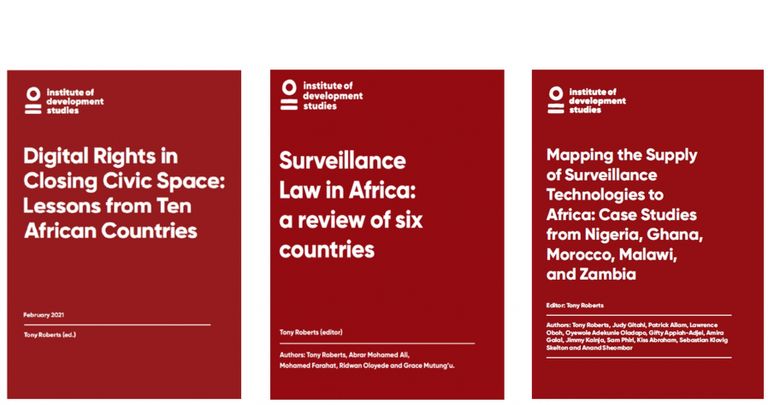
Looking Ahead in 2026
We have four new titles in our 'Digital Africa' book series at various stages of development to add to the five published books.
We are just finishing "Biometric Digital ID in Africa" co- edited by 'Gbenga Sesan and Tony Roberts, as well as "Smart City Surveillance in Africa" co-edited by Wairagala Wakabi and Tony Roberts.
Also in the pipeline is "Queer Digital Citizenship in Africa" co-edited by Nyx McClean, Tanja Bosch and Tony Roberts.
Research has started for a book about "Youth Digital Citizenship in Africa" which will be co-edited by Nwachukwu Egbunike, Dercio Tsandzana and Tony Roberts.
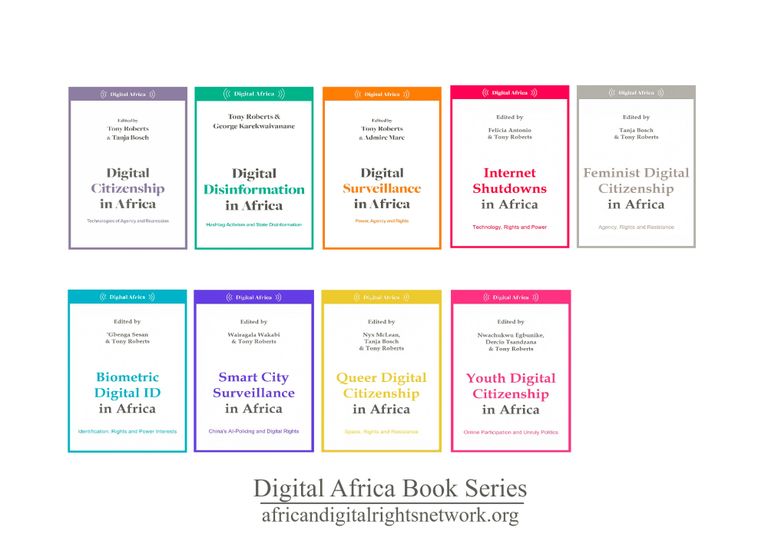
Funders
the African Digital Rights Network gratefully acknowledges financial support from
